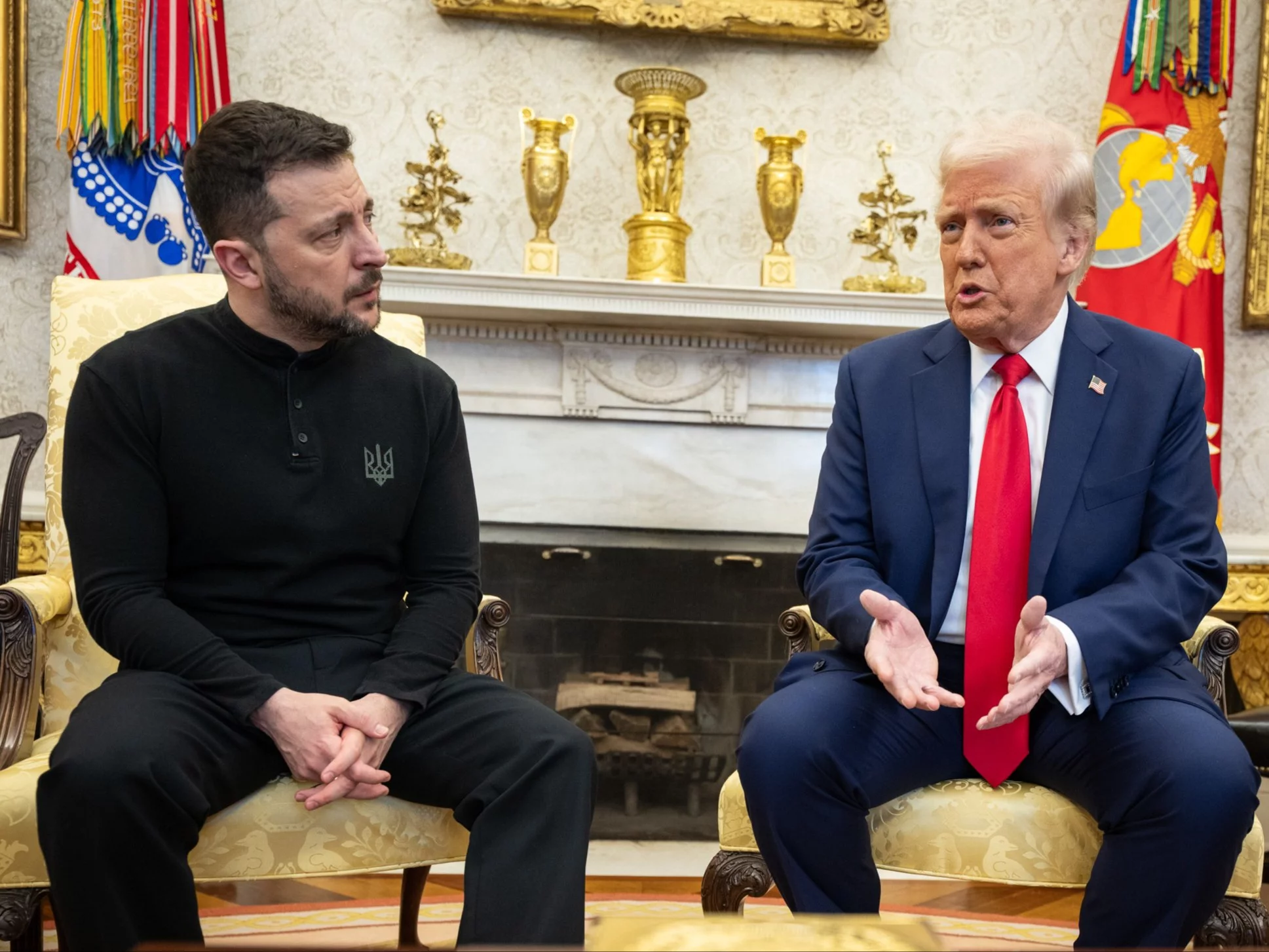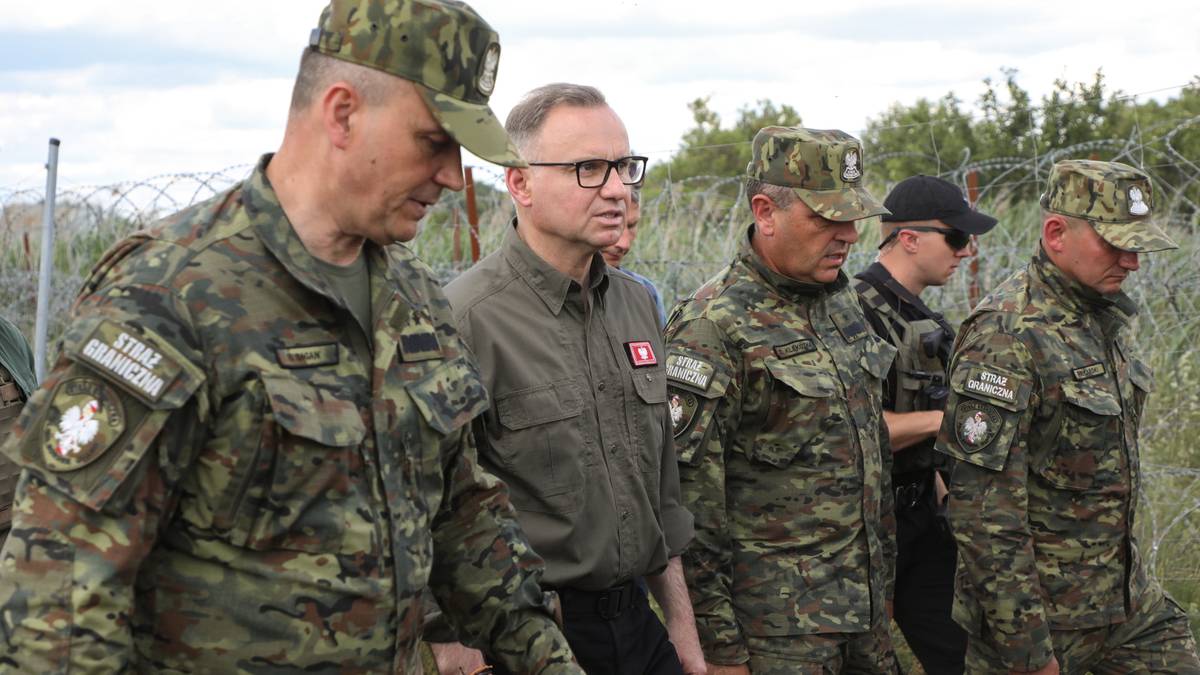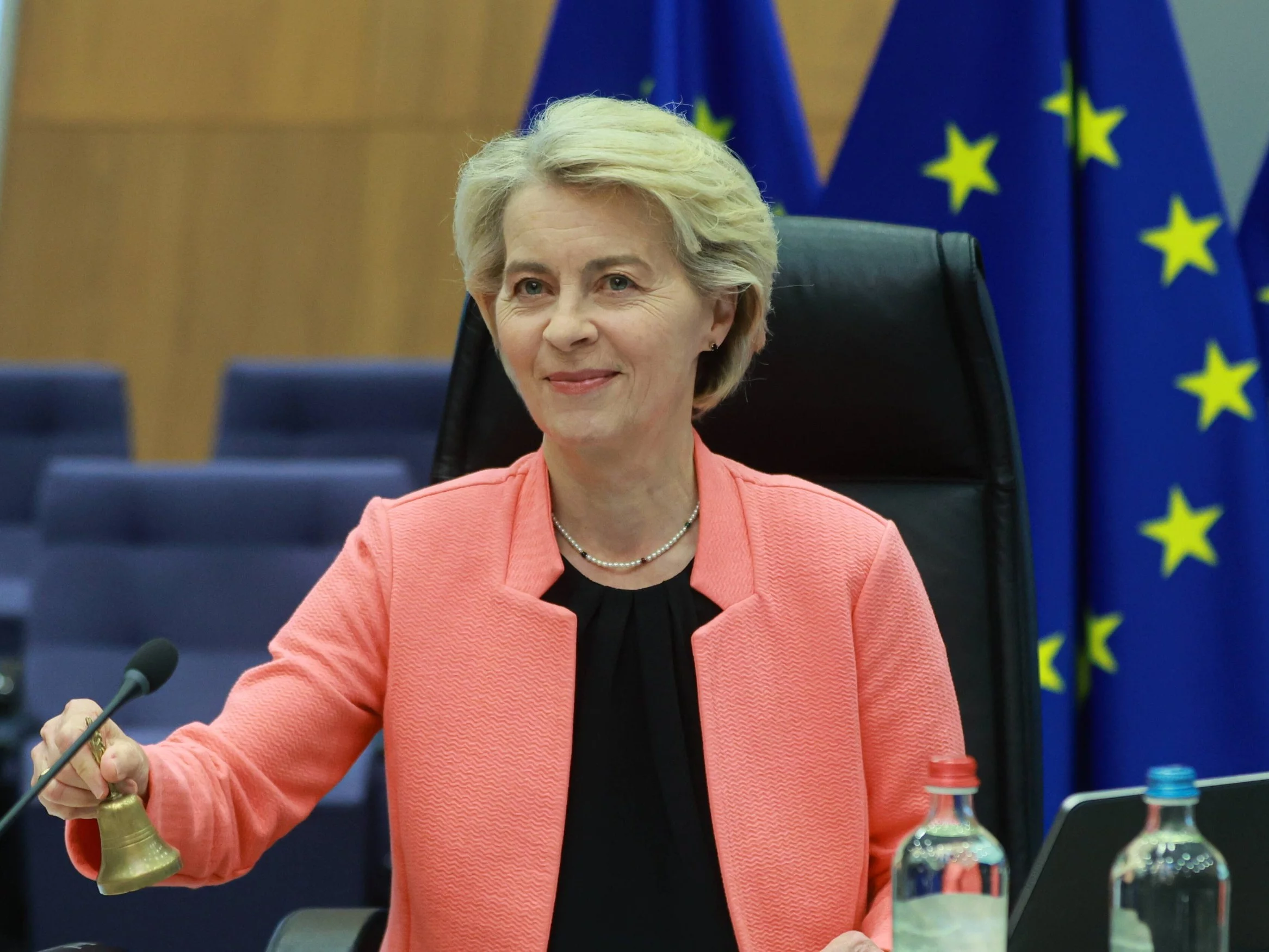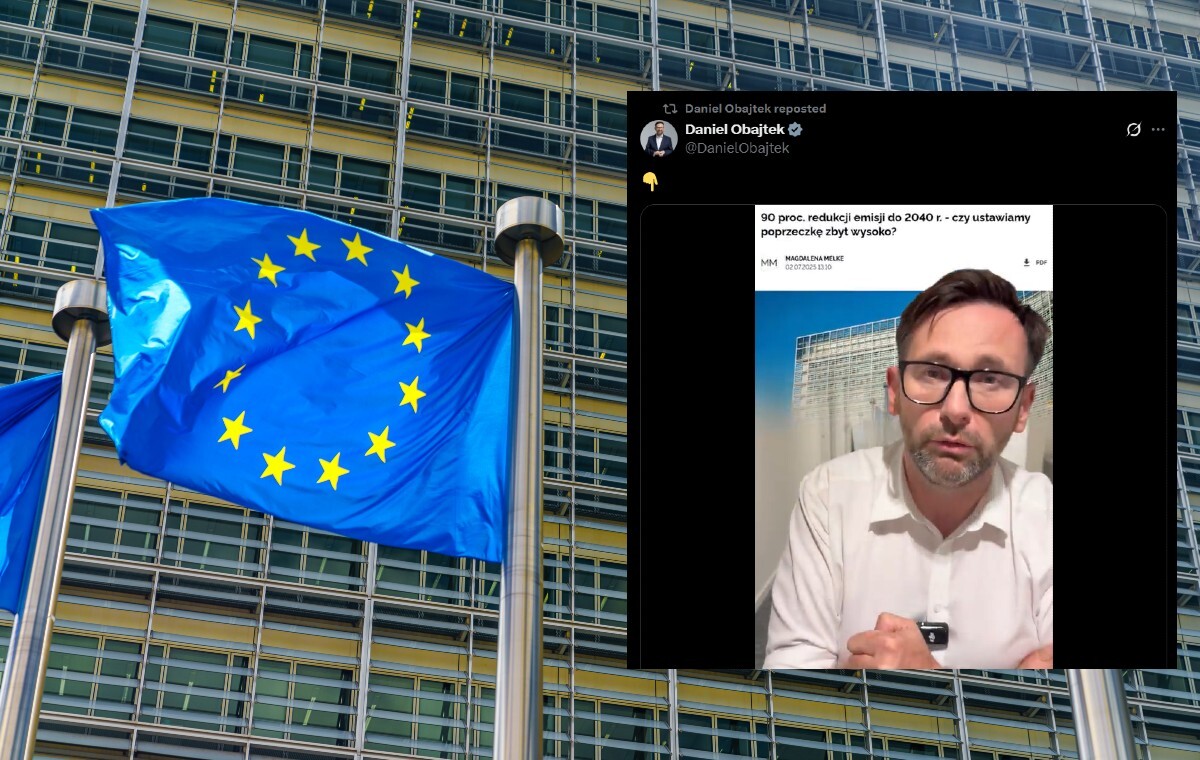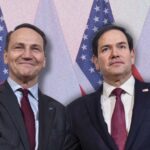
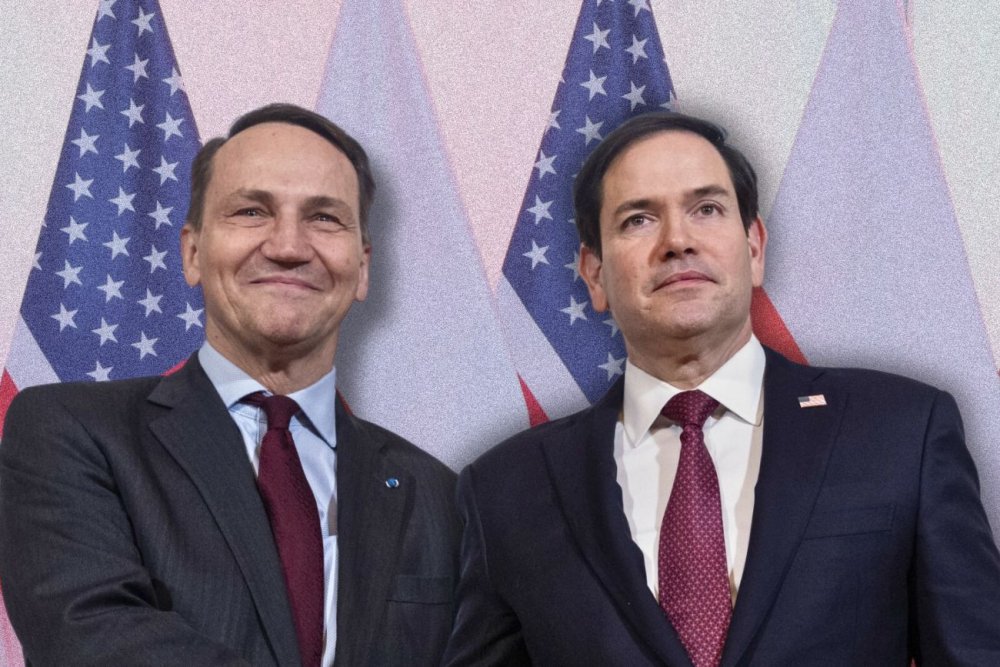 Donald Trump's policy towards Ukraine concerns Poland, which fears NATO's ability to deter Russia. Will this affect the chances of Karol Nawrocki in the presidential election?
Donald Trump's policy towards Ukraine concerns Poland, which fears NATO's ability to deter Russia. Will this affect the chances of Karol Nawrocki in the presidential election?
"Trump's relation to Ukraine caused confusion in Poland, a country where America was as popular as in any other. The attitude (Poles) changes at a staggering pace and the effects will be far-reaching. Poland fears for NATO's ability as a full to scare away," writes Philipp Fritz in "Welt am Sonntag".
According to the German journalist, the Polish society has so far been the most pro-American in Europe, and its inhabitants had "almost romanticist feelings" for the US.
Something broke in Poland-US relations
Since the humiliation of Volodymyr Zelenski by Trump in the White House, “something broke” not only in relations between Ukraine and the US, but besides in Polish-American relations. "The trust of Poles in the US as an ally shrinks," Fritz said. Stopping the supply of arms and intelligence to Ukraine was a shock for Poles.
The author recalled that Poland is the largest importer of American military equipment. "Could Trump effort to reduce the usage of military equipment of the Polish army remotely in the event of a war? And what does this mean for Poland's ability to deter Russia?" – Fritz writes, saying that only a fewer weeks ago specified questions would not have occurred to most Poles.
Fritz referred to the polemic between Elon Musk and Radosław Sikorski. In his opinion, the “Polish soul” led to the “storage” of the head of the US MFA Marco Rubio, who called on the Polish minister to thank him. Many Poles considered it arrogant. The poll for the paper "Rzeczpospolita" shows that only 32.7 percent of respondents consider America to be a reliable partner.
Anxiety in Polish-American Relations
"It seems that the Trump administration has done something in just a fewer weeks that has always been in Moscow's interest: spreading unrest in Polish-American relations," said the writer "Welt am Sonntag".
According to Fritz, Polish diplomats in their dealings with him repeatedly showed irritation with Washington's attitude and wondered if France, which promoted ‘strategic autonomy’, was wrong. In Polish conditions these are "almost revolutionary statements" – Fritz said, adding that Poland has consistently rejected ideas of greater independency from America.
Polish dilemma: more USA or more Europe?
Poland is considered a model US partner. The authorities in Warsaw spend more than 4% of their GDP on defense, and the Polish army has US weapons systems equipped: the Himars, F-16 and F-35 launchers, Apache helicopters and Abrams tanks.
Fritz pointed out that Trump publically praised Poland. He besides spared Poles the Secretary of defence Pete Hegseth. Observers are afraid that the U.S. is aiming to "balance" NATO's alliance policy. In Warsaw, praise from Washington is welcome, but political circles are greatly concerned. "What does Poland think of being a model US ally if NATO as a full loses credibility?".
Trust in the USA and the Election run in Poland
Fritz pointed out that Polish politicians disagree on how to respond to the fresh situation. any of them search the support of the United States, American soldiers, and the acquisition of weapons. Others advocate a reorientation of Polish politics and talk about a shaken trust in the US.
The failure of trust in America, according to Fritz, may influence the run before the presidential elections in Poland. Supported by the PiS, presidential candidate Karol Nawrocki loses support. The PiS is considered to be a organization peculiarly close to Trump," noted the German journalist. Many Poles believe Trump has a pro-Russian policy. For this reason, the PiS loses the image of a critical organization towards Russia.
According to ‘Welt am Sonntag’, Sikorski was guided by this in a ‘raising public interest’ of a polemic with Musk. "It is not known whether Musk, who supports right-wing and far-right parties in Europe, was aware of this. This time, however, he provided indirect electoral assistance to the Liberal," Fritz concludes.
Contribution: Jacek Lepiarz


